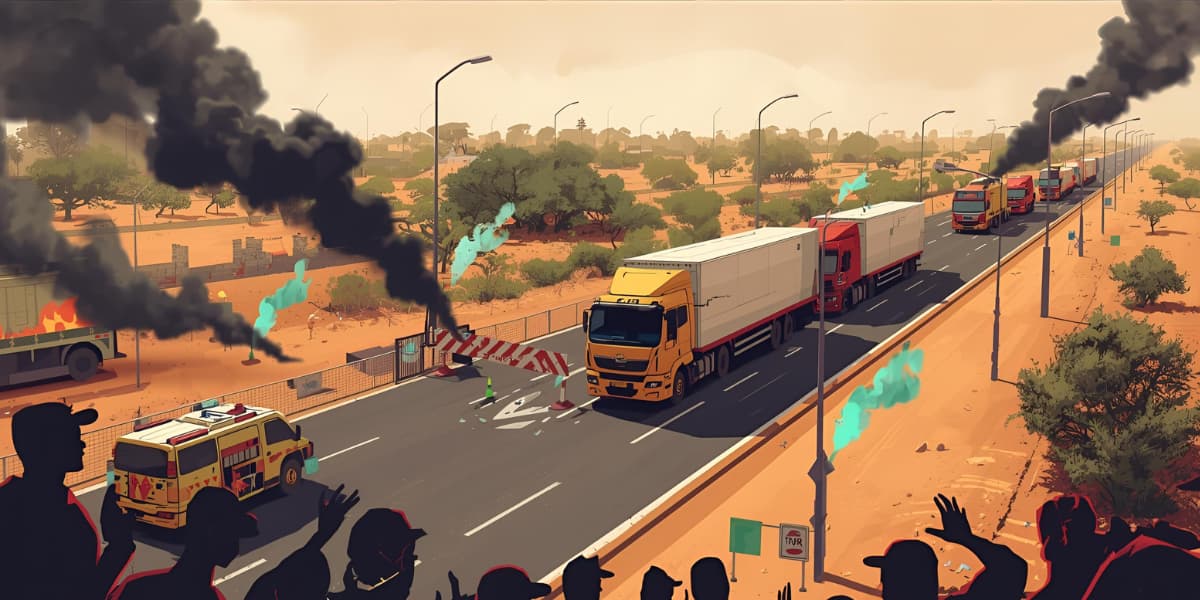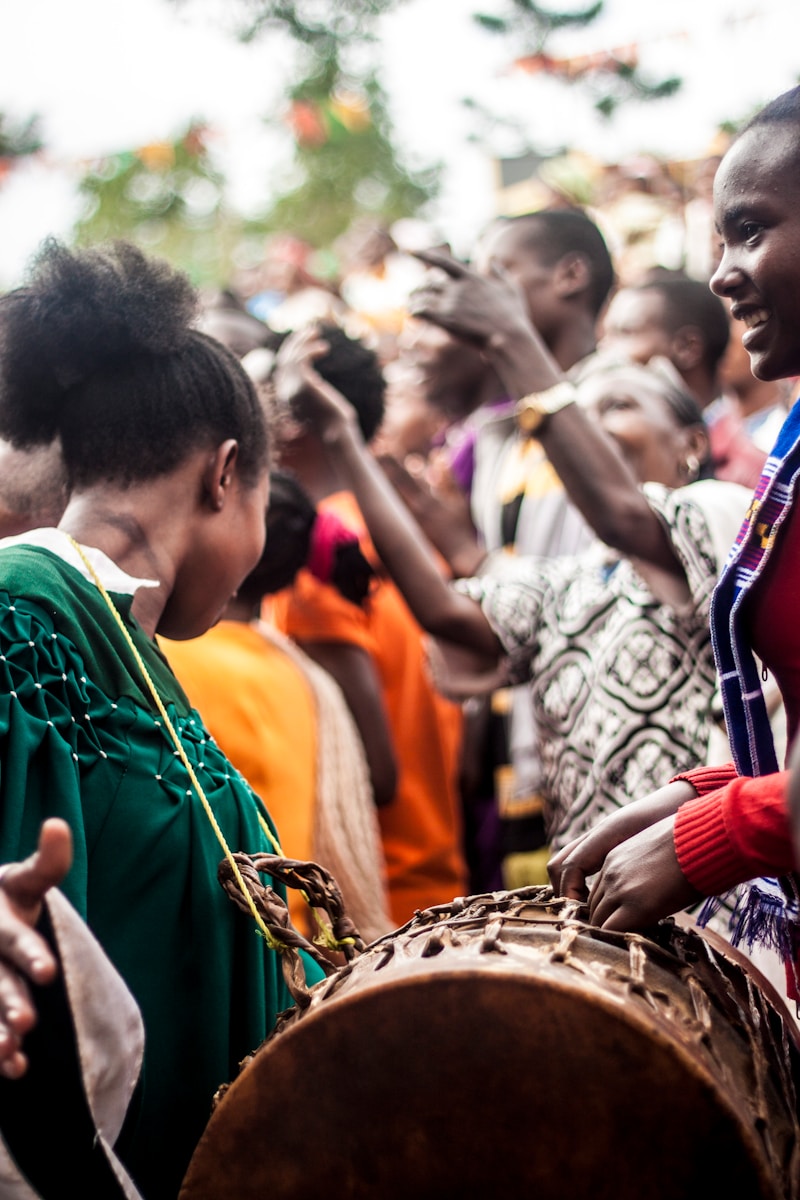Mali’s military authorities have announced the arrest of several senior army officers, alleging that they were involved in a “destabilisation attempt” against the state. The move, which comes at a time of growing political repression, has drawn international attention and raised fresh concerns about the direction of the country’s governance under military rule.
A New Wave of Arrests
The individuals detained are reportedly respected figures within Mali’s armed forces, some of whom enjoyed strong reputations among both colleagues and the broader public. Their sudden arrest suggests rising tensions within the ranks of the military leadership, which seized power in 2020 following a coup and has since tightened its grip on political and civic life.
By framing the arrests as a preemptive response to a plot against the government, Mali’s rulers appear intent on portraying themselves as protectors of national security. However, the lack of clear evidence and the targeting of widely respected officers have fueled speculation that the crackdown may be less about preventing destabilisation and more about silencing dissent.
Authoritarian Drift in Bamako
Since assuming power, the transitional military government has repeatedly postponed elections and consolidated control over state institutions. Political opposition, civil society actors, and segments of the press have faced growing restrictions. Analysts warn that the detention of prominent army officials could mark a deepening phase of authoritarianism, as the leadership attempts to neutralize both civilian and military challengers to its authority.
This tightening of control risks weakening the very institutions Mali needs to navigate its complex crises. By sidelining figures who command respect, the leadership may inadvertently create new fractures within the armed forces and alienate segments of the population already disillusioned by governance failures.
Implications for Mali’s Fragile Stability
The arrests come against the backdrop of ongoing security challenges in the Sahel. Mali continues to struggle with insurgencies by jihadist groups, intercommunal violence, and a humanitarian crisis affecting millions. Stability within the armed forces is considered crucial to the country’s ability to confront these threats effectively. Internal divisions, especially those triggered by political maneuvering, risk undermining the cohesion of the military at a time when unity is vital.
International partners are also watching closely. Relations between Mali and regional or Western actors have already been strained, particularly following the leadership’s decision to align more closely with non-traditional partners. Allegations of destabilisation, if seen as politically motivated, may deepen Mali’s isolation while further complicating efforts to coordinate responses to regional insecurity.
Political Calculations and Possible Motives
Observers suggest several possible explanations for the government’s actions. One interpretation is that the leadership seeks to deter any potential challengers within the armed forces by making an example of senior figures. Another is that internal power struggles are driving the arrests, as factions within the ruling junta maneuver for dominance. Alternatively, the allegations could be aimed at reshaping public perception, framing the military government as under siege in order to justify tighter control.
Conclusion: A Critical Test for Mali’s Future
The alleged destabilisation attempt and subsequent arrests of respected army officers mark a pivotal moment in Mali’s trajectory. Whether genuine or politically orchestrated, the crackdown highlights the fragility of the country’s institutions and the risks of entrenched authoritarianism. At a time when Mali faces immense security and economic pressures, the erosion of trust within the armed forces and between rulers and citizens could deepen instability. Moving forward, Mali’s leadership faces a stark choice: pursue an inclusive path toward stability and reform, or continue down a path of repression that may ultimately undermine both their legitimacy and the country’s future.
for more news : africaheritagevoice.com




